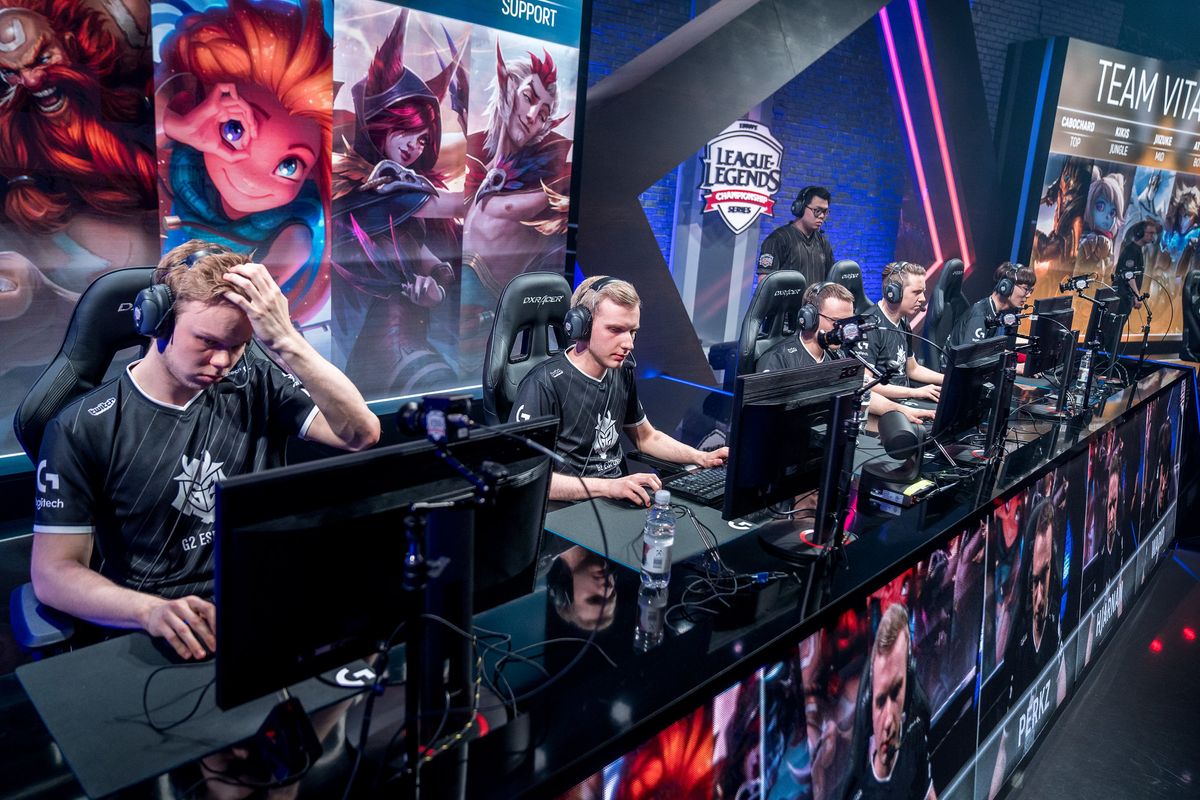Exploring the Diverse Universe of Esports Genres: A Guide to Competitive Gaming Ecosystems
A Comprehensive Insight into Esports Genres
Esports, a cultural phenomenon that has transformed competitive gaming into a mainstream sporting event, encompasses various genres, each with its unique ecosystem. This detailed exploration sheds light on the diversity within the esports universe, highlighting the skills required and popular titles that define each genre.
Fighting Game Community (FGC)
Fighting games, one of the oldest esports genres, prioritize the use of controllers over keyboards and mice, fostering a distinctive competitive experience. Titles like Tekken, Street Fighter, and Super Smash Bros lead this genre, known for their intense, head-to-head combat and strategic gameplay.
Real-time Strategy (RTS)
RTS games demand strategic thinking and quick decision-making, with players managing resources, building bases, and commanding armies in real-time. Starcraft II and Age of Empires IV are flagship titles, celebrated for their depth and complexity.
Multiplayer Online Battle Arena (MOBA)
MOBA games blend elements of RTS with team-based play. Titles like League of Legends and Dota 2 dominate this genre, requiring players to master a diverse roster of characters and collaborate effectively with teammates to secure victory.
First Person Shooter (FPS)
FPS games focus on weapon-based combat through a first-person perspective. This genre is known for its fast-paced action and includes popular esports titles like Call of Duty, VALORANT, and the Counter-Strike series, each offering unique game modes and competitive scenes.
Battle Royale
A subgenre of FPS, Battle Royale games have exploded in popularity, with titles like PUBG and Fortnite leading the charge. These games challenge players to be the last person or team standing in a shrinking play zone, filled with strategic and survival elements.
Sports Simulators and Sim Racing
Simulators offer virtual renditions of traditional sports, with FIFA and NBA 2K standing out as popular examples. Sim Racing, another specialized niche, delivers realistic racing experiences, attracting both gaming and motorsport enthusiasts.
The esports industry continues to evolve, with new genres and titles emerging, catering to a broad spectrum of gaming preferences and skills. This diversity not only enriches the competitive gaming landscape but also opens up endless opportunities for players and fans alike to engage and excel in the world of esports.



